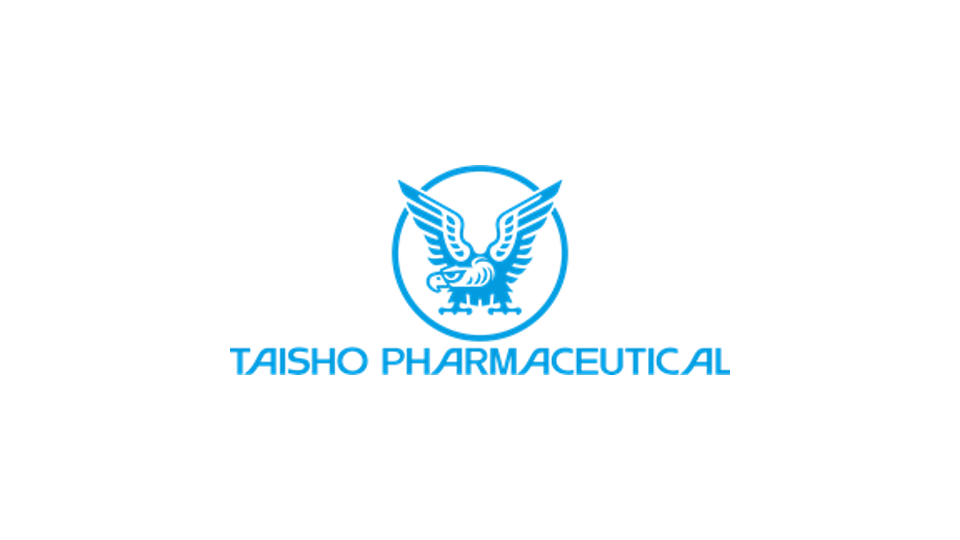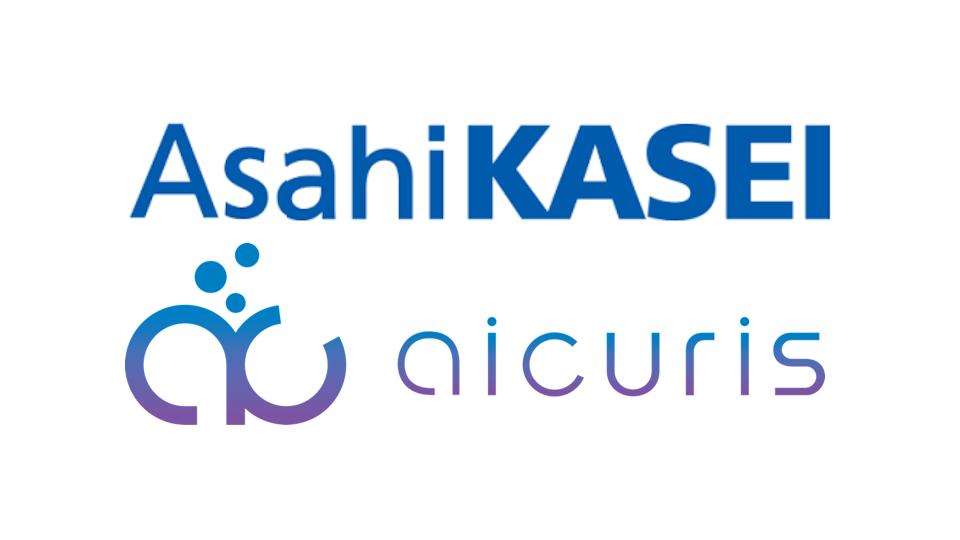Taisho says $5bn management buyout will rev up business

Japan’s Taisho Pharmaceutical looks like it could be heading into private ownership, thanks to a management buyout offer (MBO) that could value the company at almost $5 billion.
The consumer health and over-the-counter medicine manufacturer – the largest in Japan and known for brands like Lipovitan energy drinks and Pabron cough/cold range – reckons that the manoeuvre will improve the efficiency of the business, allow it to expand overseas, and generate a better return on R&D investments.
The company also has a small prescription pharma business with products like Lusefi (luseogliflozin) for type 2 diabetes and osteoporosis therapy Bonviva (ibandronate) and, if the MBO goes through, it plans to forge alliances with “bio-ventures and pharmaceutical companies” to expand its range.
The plan drawn up by Taisho’s biggest shareholder, the founding Uehara family, would involve buying up all of the company’s common stock, including American depositary receipts (ADRs) and stock acquisition rights, and delisting them.
If it goes through, current chief executive Akira Uehara would retain leadership of the company, while executive vice president Shigeru Uehara and company director Ken Uehara would also keep their respective roles.
The offer of JPY 8,620 ($58.56) per share offer is a 50% premium on Taisho’s average closing share price in the prior six months, valuing the company at around 710 billion yen (around $4.75 billion). The company is predicting full-year sales of JPY 319 billion for fiscal 2023.
The buyout team said the transaction would help fuel growth at the company, which has been struggling with a lacklustre domestic market amid the cost-of-living crisis, as rising prices coupled with stagnant wages place a burden on household budgets in Japan. There will also be a shake-up of staffing and pay packages, according to their proposal document.
Along with expansion overseas, the MBO team also want to invest more in the infrastructure needed to sell its brands online, a potentially costly initiative that could face resistance from shareholders.
A recent report on the Nikkei Asia news service said that more and more Japanese businesses are looking to management buyouts and going private in order to reduce the costs they face as publicly-held companies.
Analysts at Japan Catalyst write in a research note that Taisho has already been pushing a globalisation strategy through deals such as its acquisitions of overseas OTC medicine companies like Vietnam’s Duoc Hau Giang Pharmaceutical and France’s UPSA, Bristol-Myers Squibb’s former consumer health business, adopting an uncommon strategy for Japanese companies.
“The OTC pharmaceutical industry is currently amidst a wave of global restructuring, as seen with major pharmaceutical companies spinning out their OTC businesses, such as Takeda Pharmaceutical’s carve-out of Alinamin Pharmaceuticals, GSK and Pfizer’s carve-out of Haleon, and Johnson & Johnson’s carve-out of Kenvue,” write the analysts.
“In this external environment, we consider that the MBO is a rational management decision to exercise stronger leadership and engage in more dynamic business activities,” they add, although, they note that the offer price is low and “disregards the rights of minority shareholders.”













